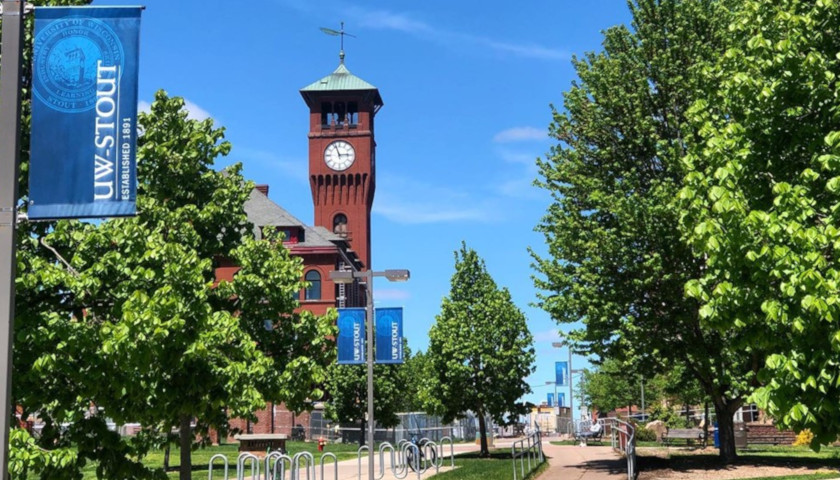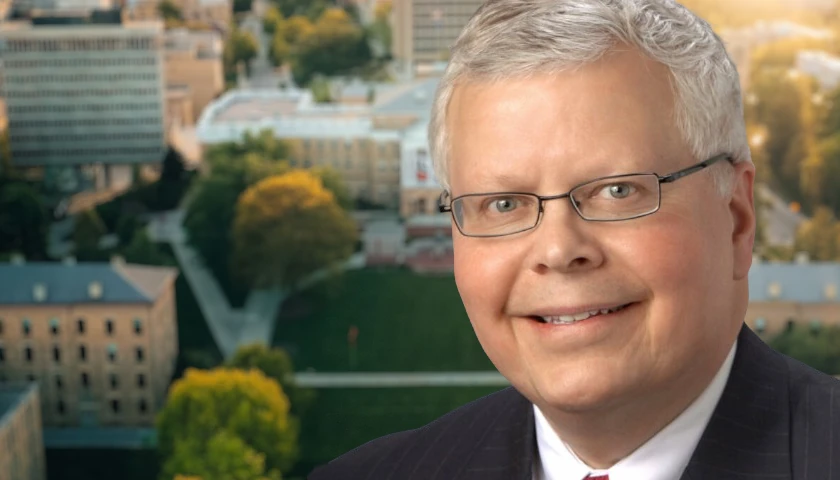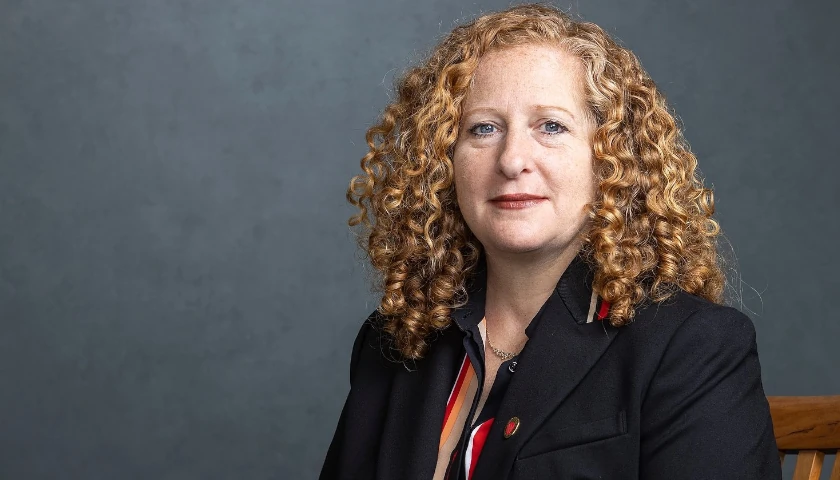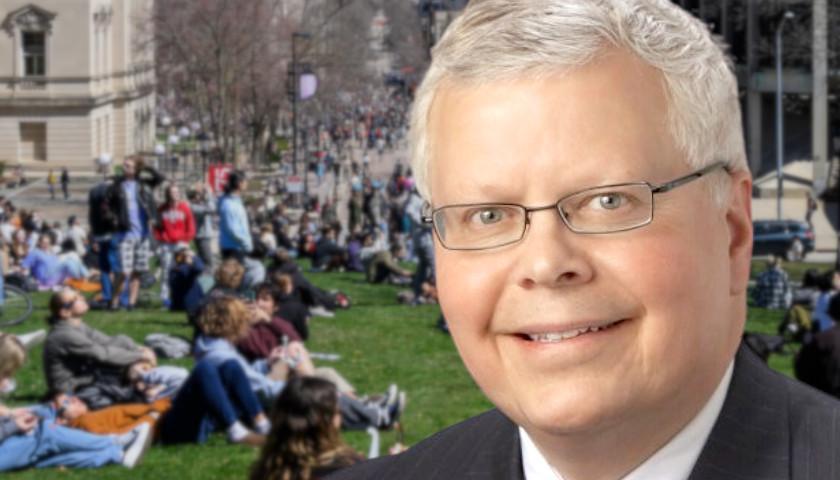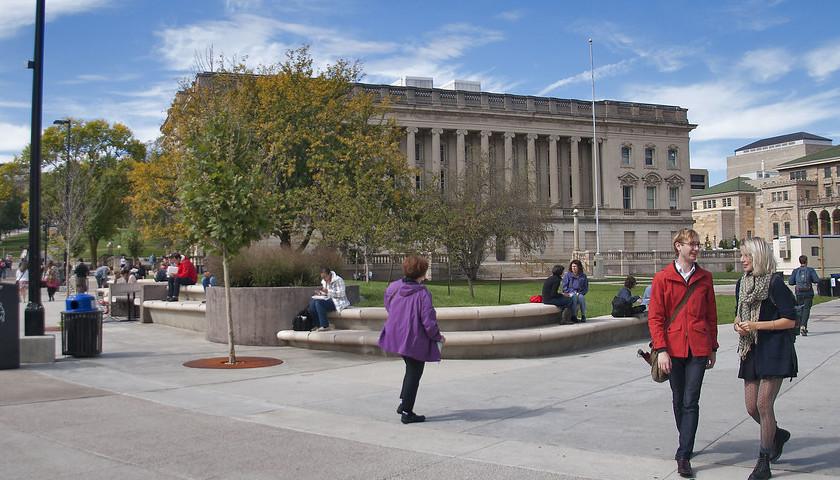Schools like the University of Wisconsin at Stout are addressing the other side of the skills-gap equation. If public schools are going to bring back the trades, then they’ll need educators to teach them.
The university’s Emerging Center for Career and Technical Education Excellence seeks to “serve the career and technical education community by meeting the 21st century needs of K-12 and postsecondary technical educators who are at the forefront of workforce education.”
The Center offers a number of bachelor, master, and doctoral degrees in the career and technical education (CTE) fields—all of which are geared towards the training of teachers.
“UW-Stout is uniquely qualified to address the needs of career and technical educators and leaders as it is the only UW campus that offers a full complement of career and technical education programs,” its website explains. “Graduates from the CTE programs are prepared to teach and lead within secondary and postsecondary settings such as high schools, community colleges, public and private technical colleges, and industrial training programs.”
In fact, the Center’s doctoral degree in career and technical education was first launched in 2013, and is the university’s first and only doctoral program.
“The degree is designed to help career technical education professionals—administrators and instructors—advance their careers and contribute to workforce development with applied research,” said Professor Urs Haltinner, program director. “Their research is very valuable from that perspective. There’s an economic value to it. They are solving the workforce problems that politicians are dealing with and getting at the root of what needs to be resolved.”
Its bachelor’s degree in career, technical education, and training specifically prepares teachers to teach in “post-high schools settings such as junior colleges, public and private technical colleges, and industrial training programs.”
Graduates go on to work in a number of areas including automotive technology, laser technology, diesel technology, building construction, machine technology, drafting and more.
The school’s 2017-2018 annual employment report showed that 100 percent of graduates with a career, technical education, and training degree were either employed or continuing their education.
The Center has also launched a CTE experience-based “licensed teacher boot camp” for ongoing education of licensed CTE teachers.
“This project will provide a two-year sequence of courses for industry experts who have been hired as CTE experience-based licensed teachers,” its website says. “Each course will involve a two-day, face-to-face session, with additional online instruction.”
The Center also hosts an annual summit on campus for workers in the CTE fields.
Kathryn Feuerhelm, outreach coordinator for the Center, told Star News Digital Media that their programs encompass “much more than the traditional ‘shop’ class,” offering teacher licenses in family and consumer sciences education, marketing and business education, and technology education.
Kurt Helgeson from St. Cloud State University put the program in perspective. He said there is both a “lack of courses” and a “shortage of teachers” for CTE-based programs. This was confirmed in a 2019 report from the Association for Career and Technical Education, which said it’s clear “that CTE is facing a teacher supply and demand issue.”
In other words, revolutionary programs like Cardinal Manufacturing and Rocket Manufacturing wouldn’t be possible without the training provided by schools like the University of Wisconsin at Stout.
– – –
Anthony Gockowski is managing editor of Battleground State News, The Ohio Star, and The Minnesota Sun. Follow Anthony on Twitter. Email tips to [email protected].
Photo “University of Wisconsin-Stout” by the University of Wisconsin-Stout.

